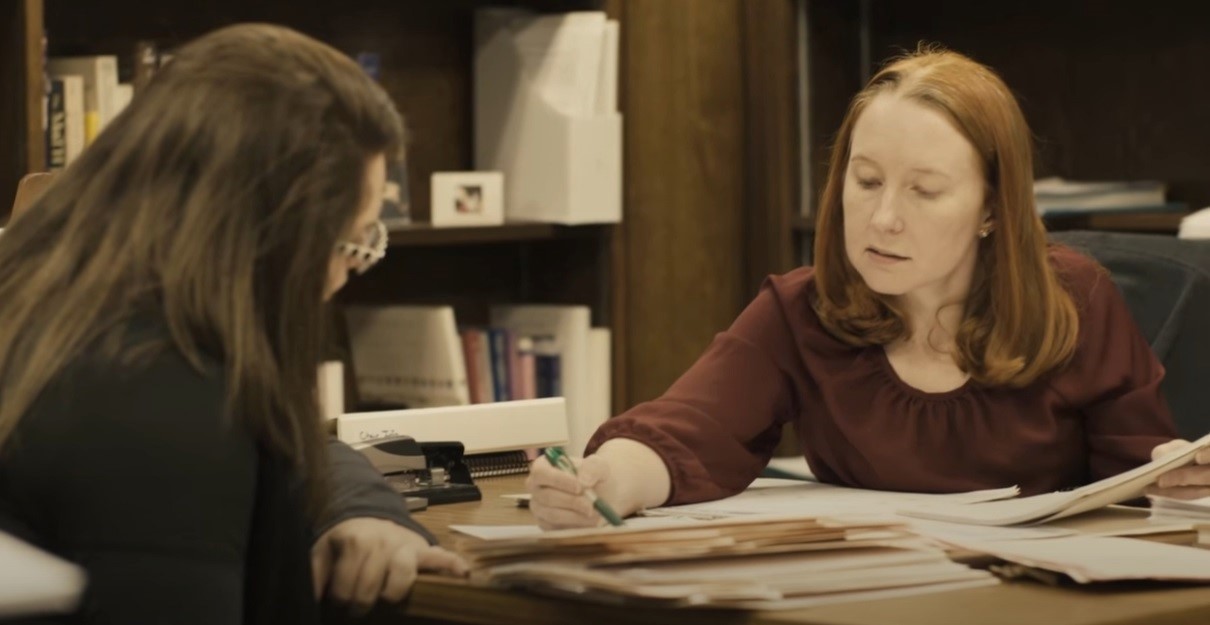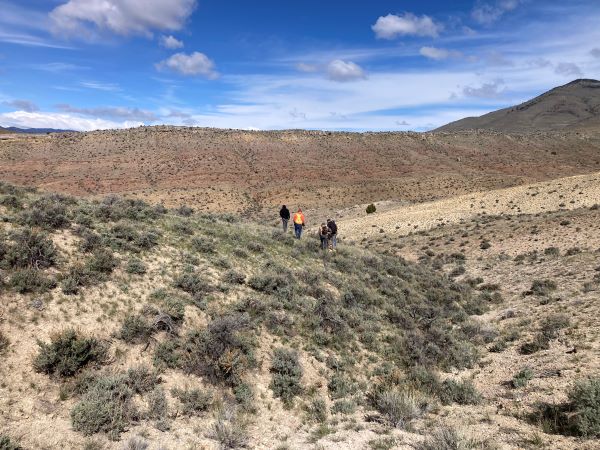Geoscience alumnus on front lines of innovations that aim to reduce emissions, counteract climate change
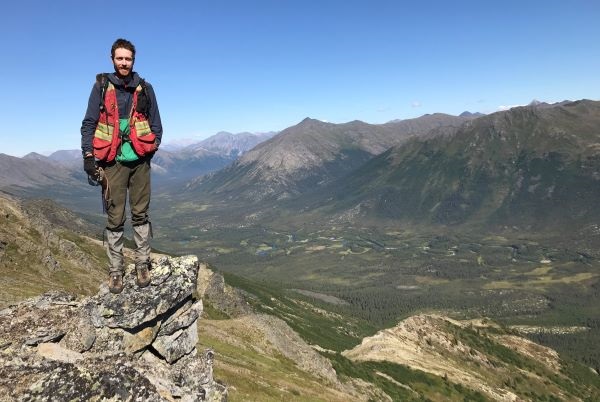
More than 125 years have passed since Swedish scientist Svante Arrhenius first hypothesized that increased carbon dioxide levels in the atmosphere could impact global temperatures. As science shored up Arrhenius’s theory, much focus has been put on how everyday citizens can collectively impact this global issue.
Clever marketing slogans tell us to Go Green, ditch our plastic water bottles, drive electric cars, buy locally grown food, and ditch meat in the supermarket line. John Allard (M.S. Geoscience, 2022) has a proposition that might not grace a bumper sticker, but has a huge potential impact: “Become an economic geologist.”
Allard currently works for Brimstone Energy as an exploration geologist, a specific subset of economic geologists who works to discover new metal deposits that can be extracted and used. Brimstone Energy is a trail-blazing company that in 2022 received $55 million in funding from Bill Gates’ climate finance firm, Breakthrough Energy Ventures and DCVC, a venture capital firm, to create carbon-negative cement.
Cement production accounts for about 8% of global emissions. This happens because cement is created from calcium oxide contained in limestone, which is a carbonate sedimentary rock that contains a significant amount of carbon dioxide. To create CaO (lime), limestone is heated, and CO2 is released into the atmosphere.
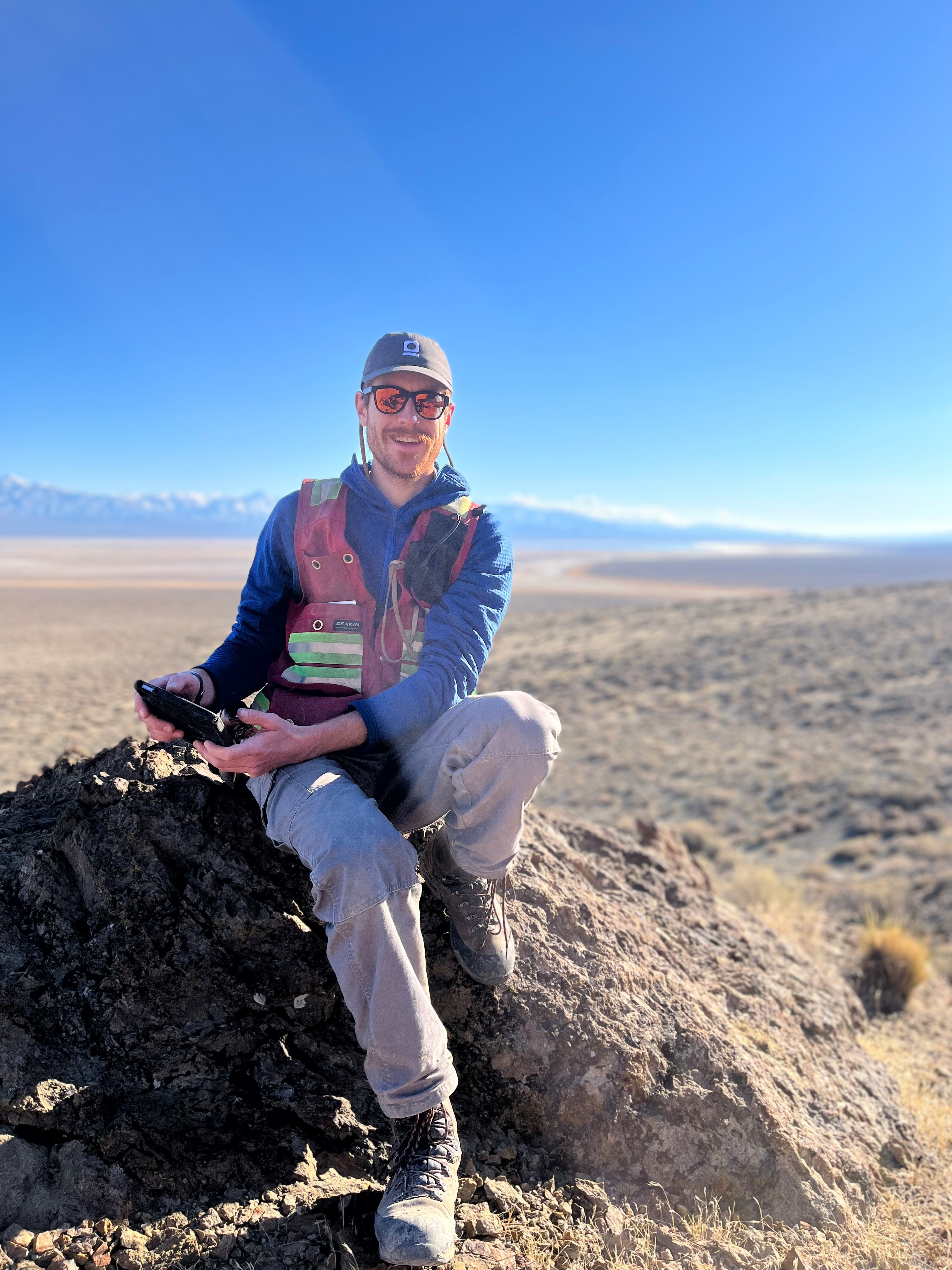
“Cooking off that CO2, and burning coal and natural gas to do so, generates as much CO2 as all passenger vehicles,” Allard notes.
Allard is working with Brimstone’s team to find alternative rocks and minerals rich in calcium that may be processed to create cement. It is his job to find deposits that have potential.
“You have to understand how rocks form,” Allard said. “You have to have a background in the fundamentals of geology as well as geochemistry and geophysics.”
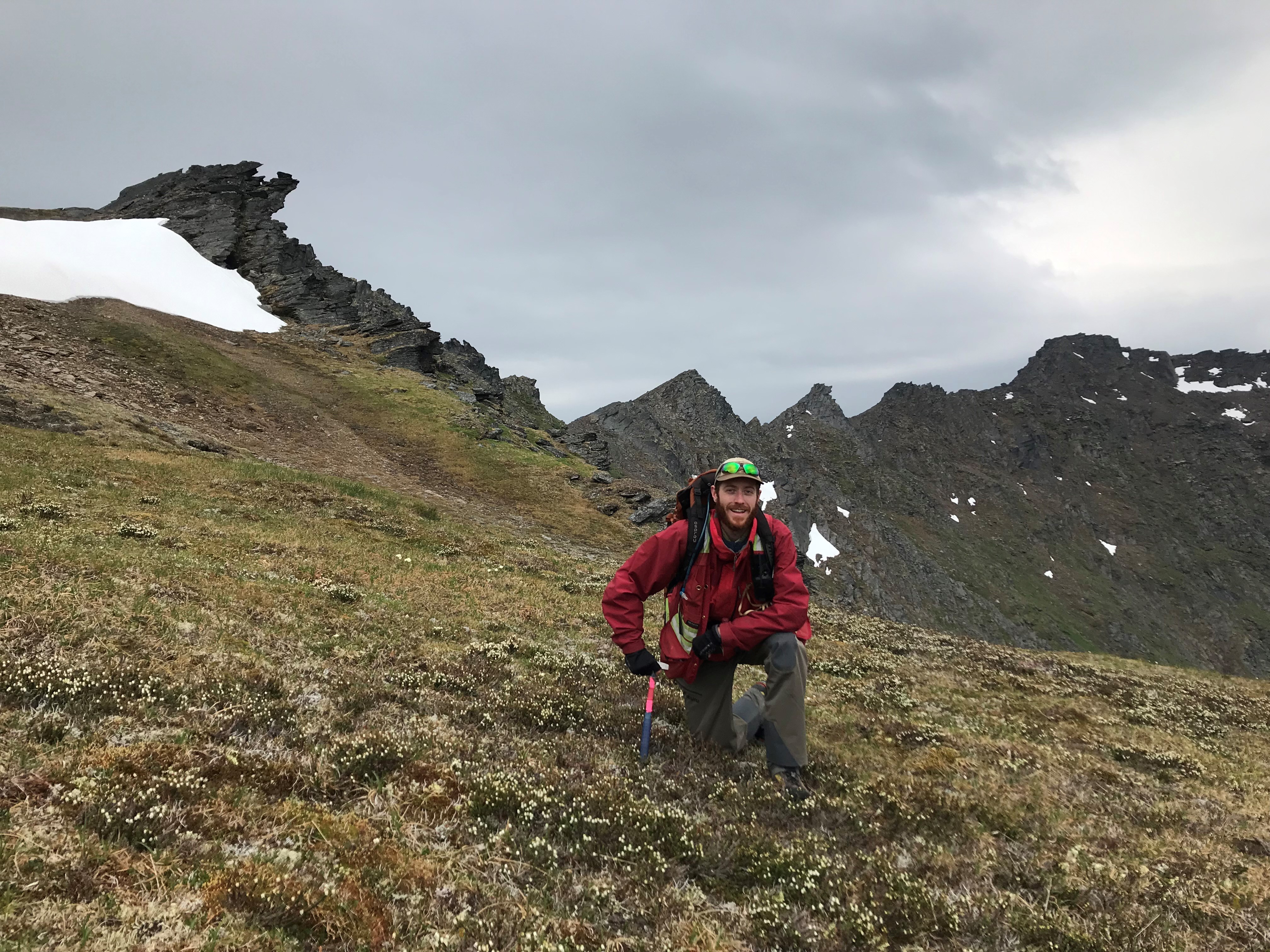
Economic geologists also need an understanding of what it takes to mine certain ores to determine whether it is worth the investment of attempting extraction. Montana Tech’s unique interdepartmental partnerships and outstanding faculty prepared Allard for his current career.
Allard came to Montana Tech from UM Western, where he earned a B.S. in Environmental Science and Geology. As he considered graduate programs, he found Dr. Chris Gammons was the only professor at any in-state geology programs that focused on economic geology. The Montana Bureau of Mines and Geology is also on campus, and it employs economic geologists as well. The campus is also home to distinguished professors of metallurgy and mining engineering, which work hand-in-hand with economic geologists in the field.
“Being able to overlap disciplines is very important in developing ore deposits and mine design and planning,” Allard said.
Dr. Chris Gammons served as Allard’s advisor. He was a bit concerned at first about finding a job in such a specific field of study, but Allard says starting salaries are excellent, and it’s a great career for someone who likes to work outside and travel. One year after graduation, he’s worked in six states, and knows his career will take him to many more states and countries.
“The whole world is working to electrify everything,” Allard said. “To do that you need copper, lithium, nickel, cobalt … the list goes on and on. Every government in every part of the world is working on this right now, and they will need economic geologists and other workers in different fields of STEM to take it on.”
Allard says students interested in protecting the environment should consider working in fields that traditionally have a negative reputation.
“We need people concerned about the environment to get involved in this,” Allard said. “It’s easy to sit outside and criticize, but it’s way more powerful to be a part of it, help find solutions and acknowledge that what happens, when it is done well, advances society.”
Allard had some advice for students ready to leap into economic geology or a STEM career.
“If you find out your major isn’t interesting to you, refocus on something you are passionate about.”
Allard also said students should be OK with asking for help along the way.
“Don’t be afraid to reach out to people you don’t know to ask for things, specifically for jobs or advice or references,” Allard said. “Go out and use your degree, and apply yourself to whatever field you choose. We’ve got a lot of problems to solve on this planet. We need more people in STEM.”
